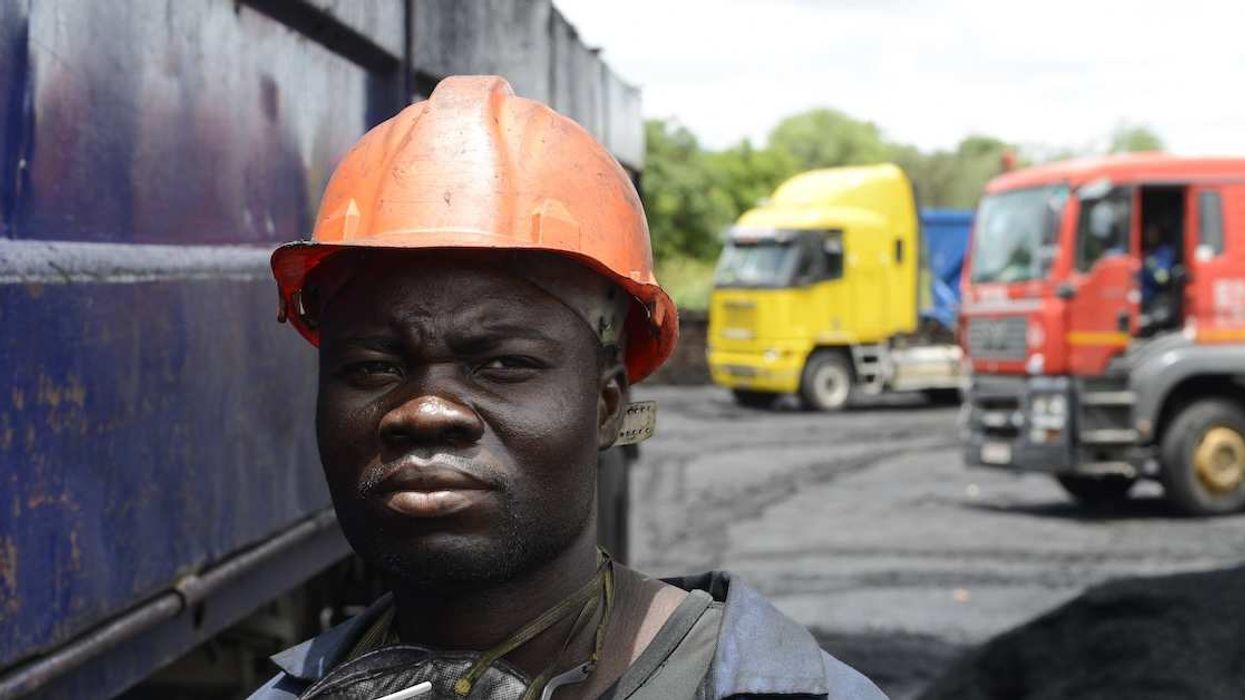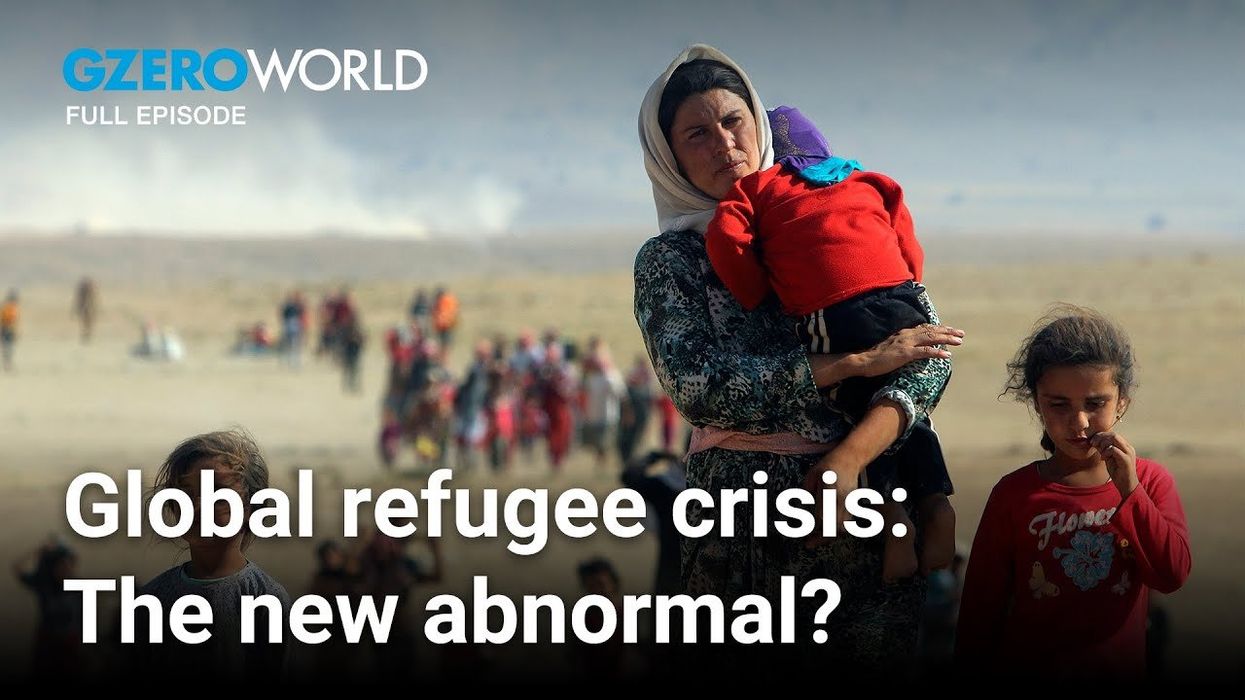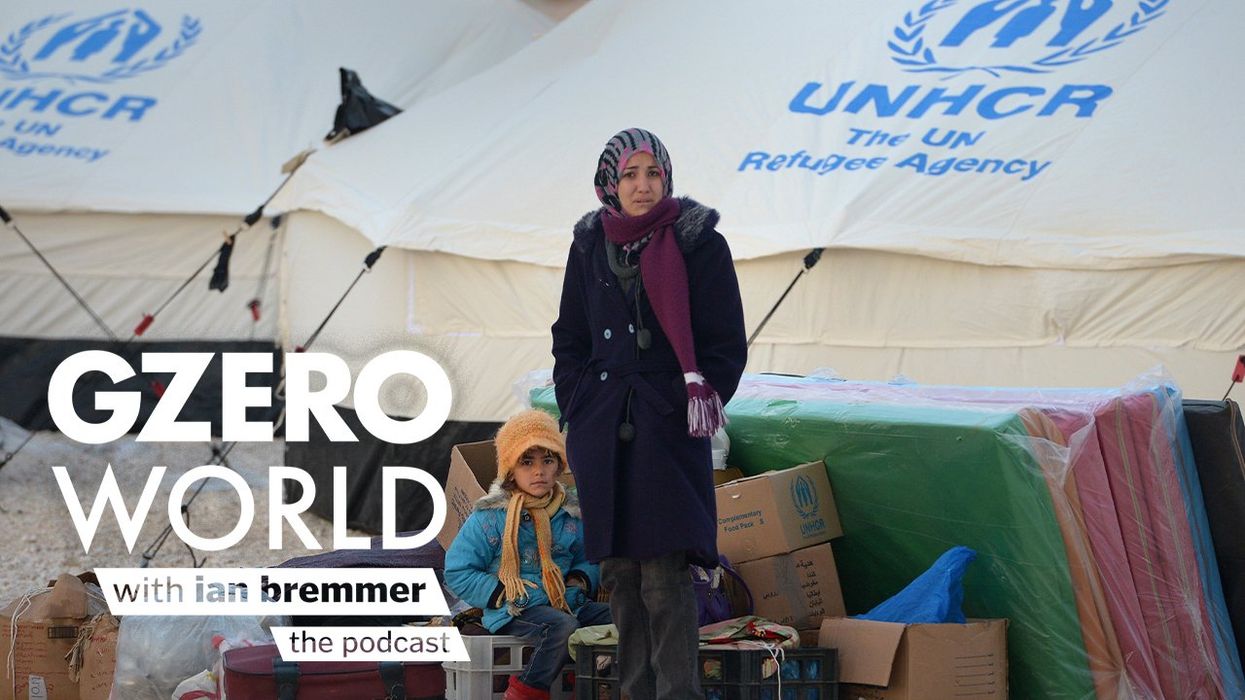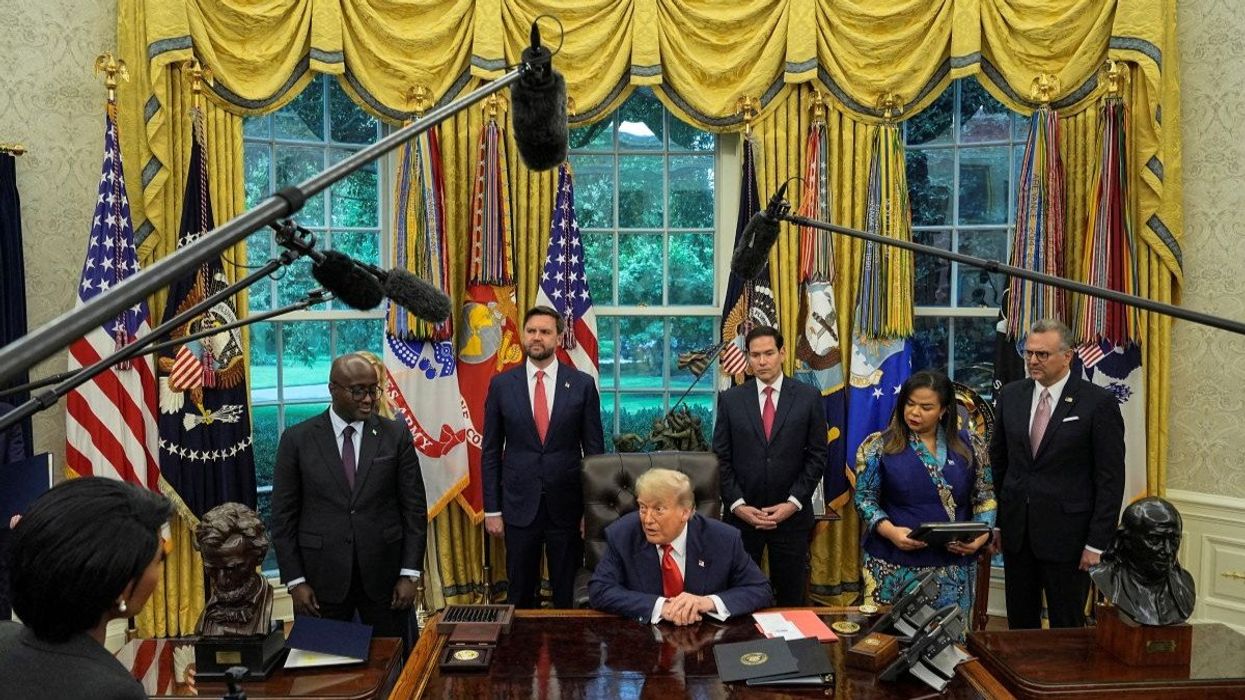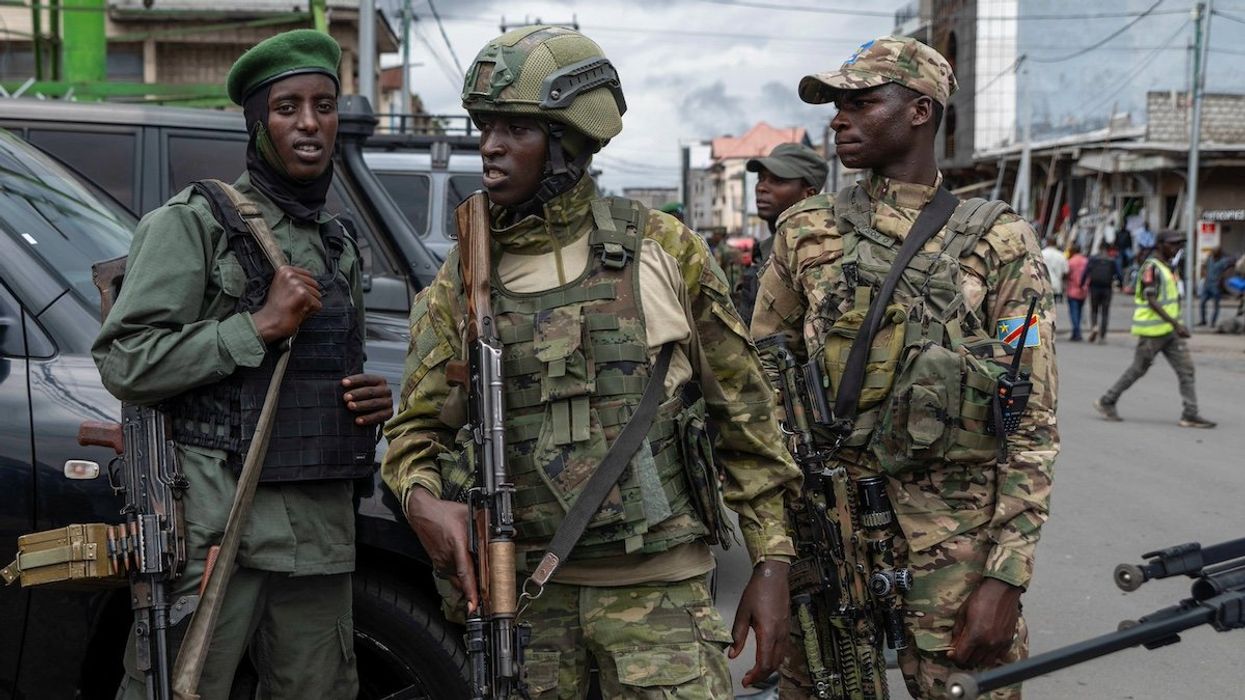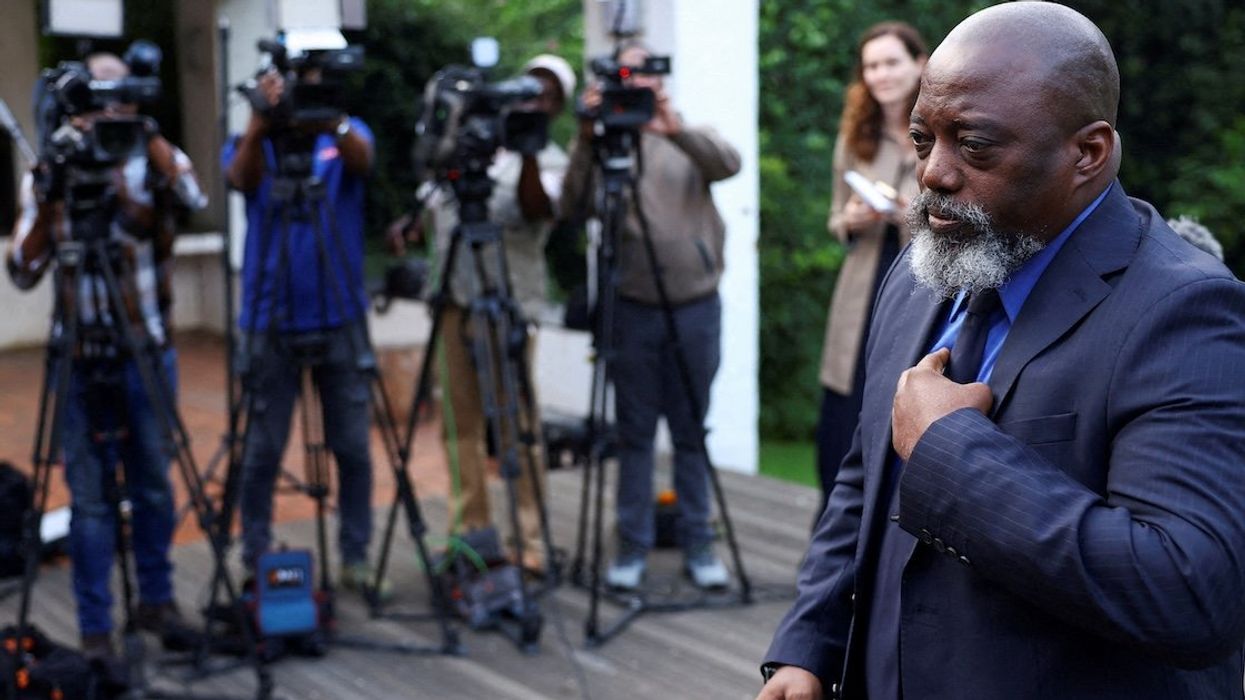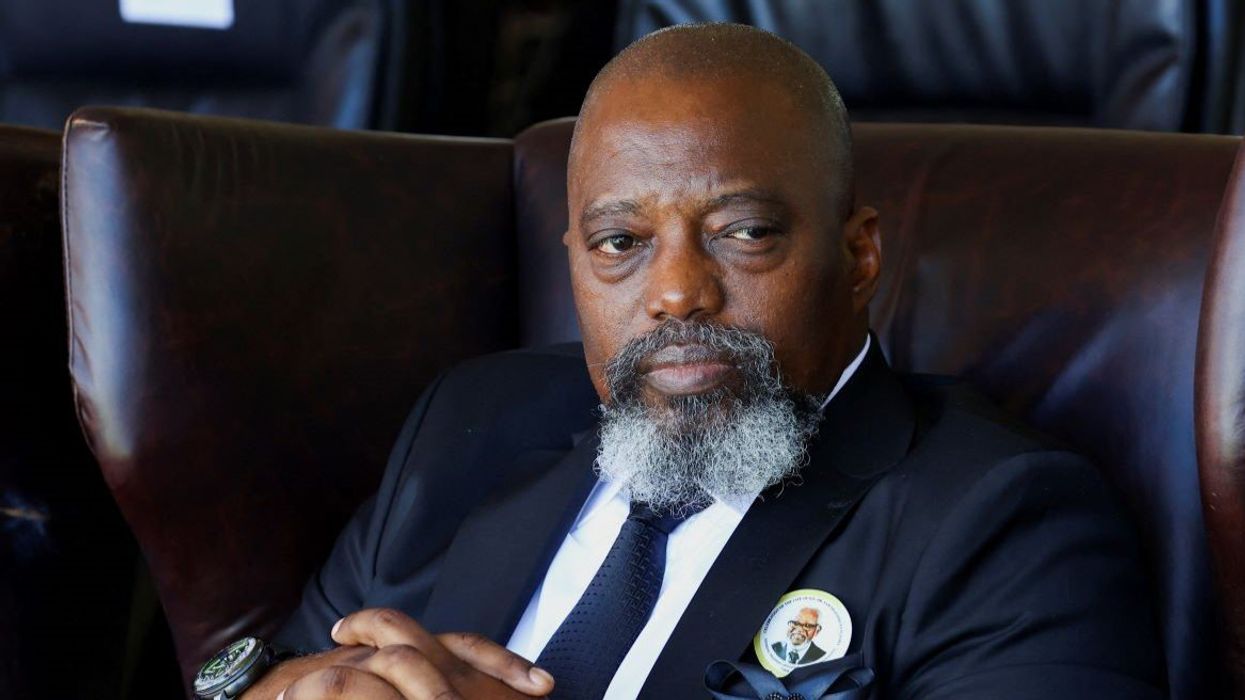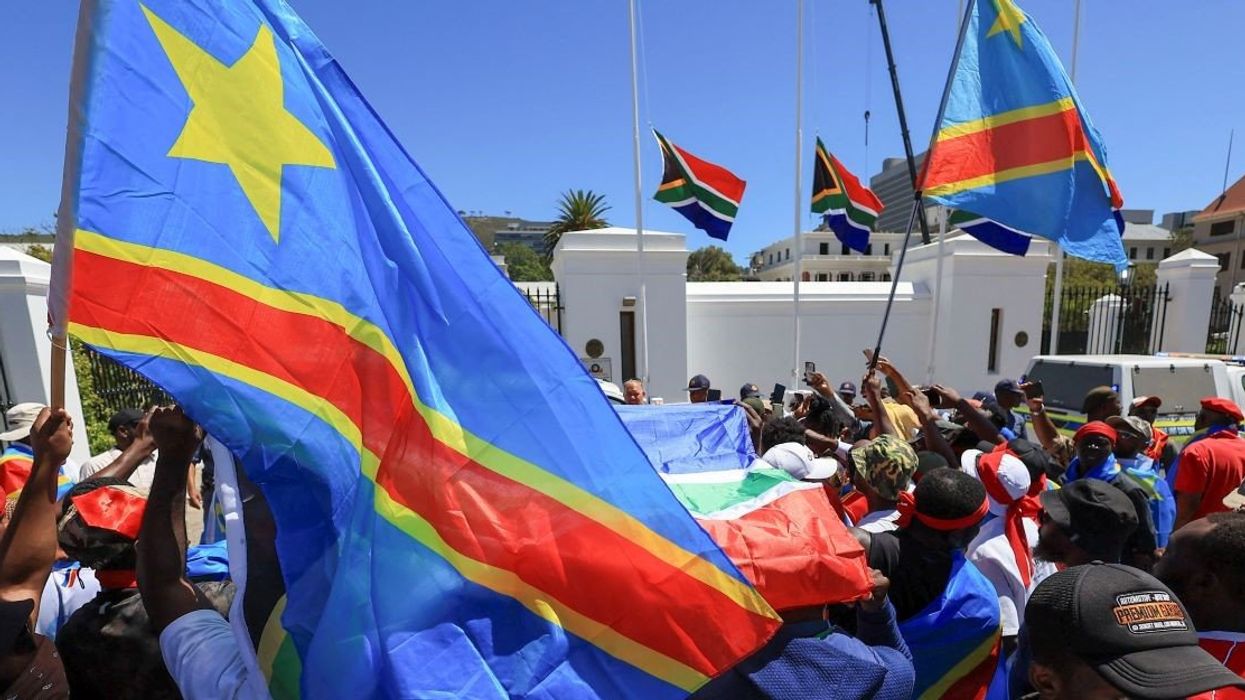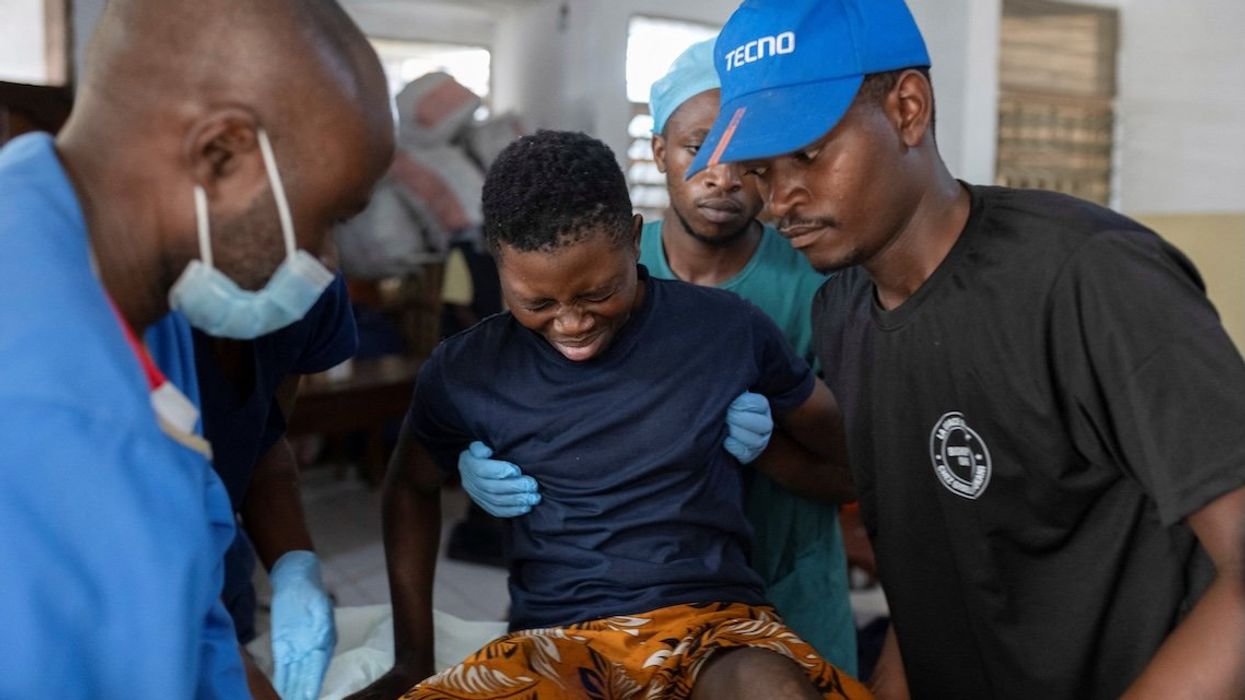GZERO World Clips
Beyond Gaza and Ukraine: The wars the world is ignoring
While Gaza and Ukraine dominate headlines, dozens of other conflicts—from Haiti to Myanmar to the Congo—get far less global attention. International Crisis Group’s Comfort Ero joins Ian Bremmer on GZERO World.
Dec 23, 2025

